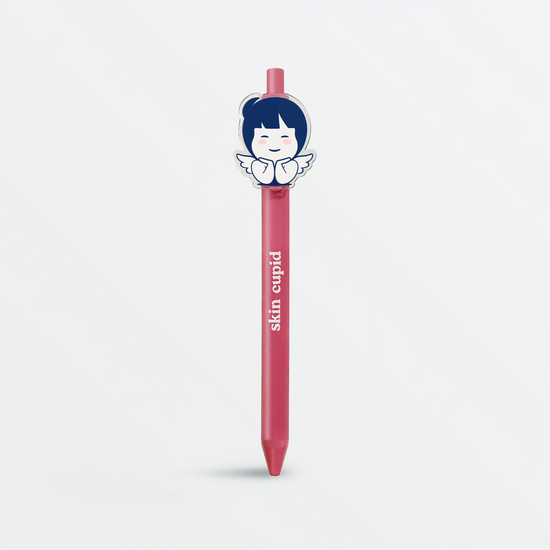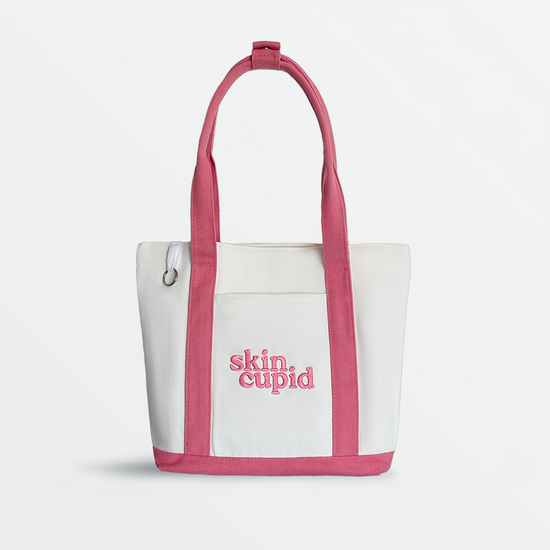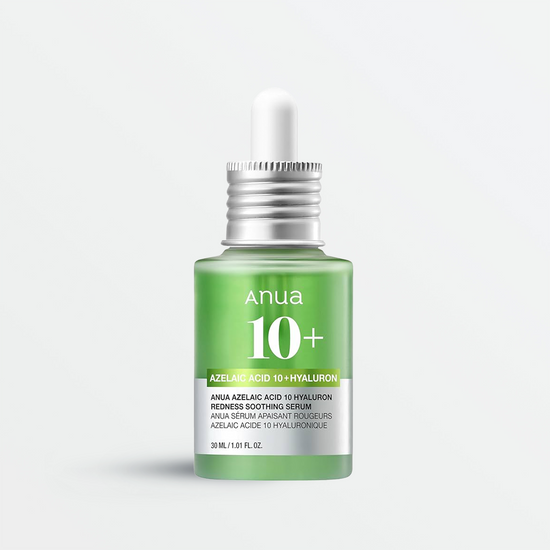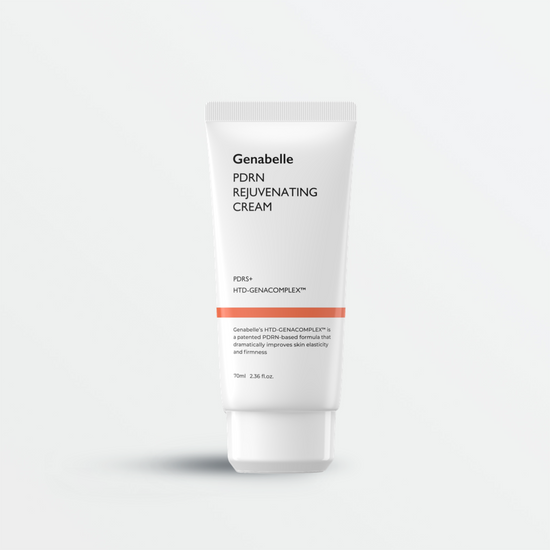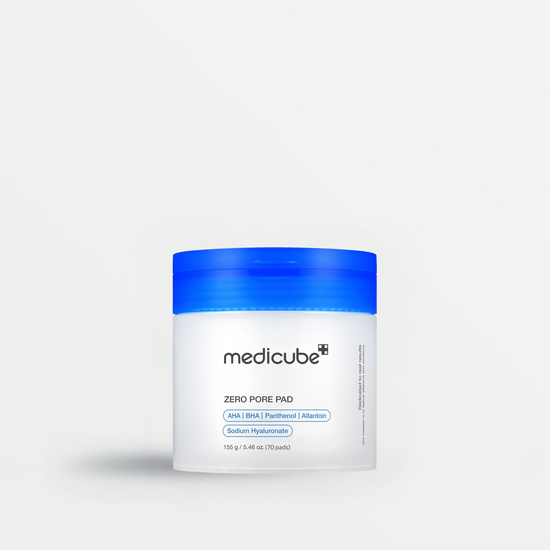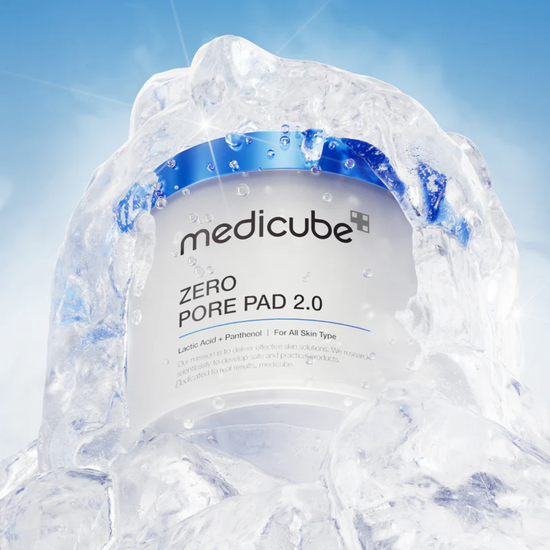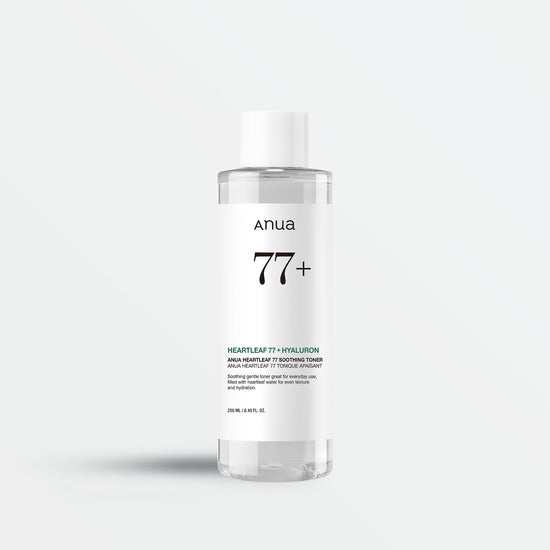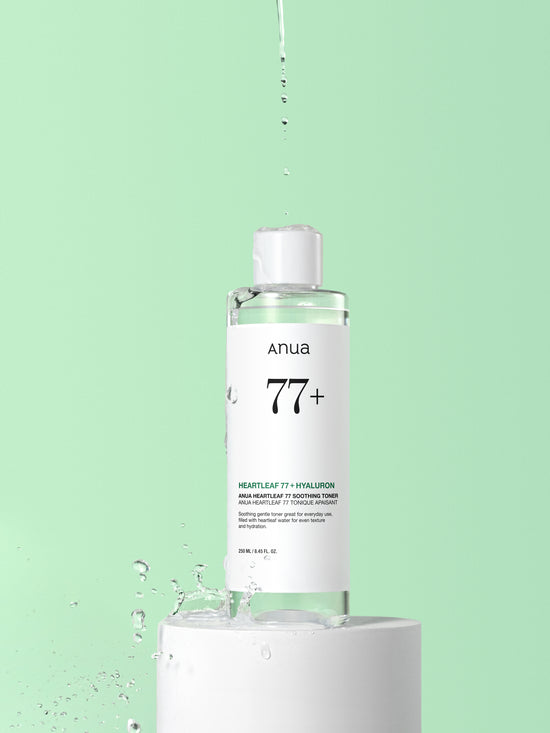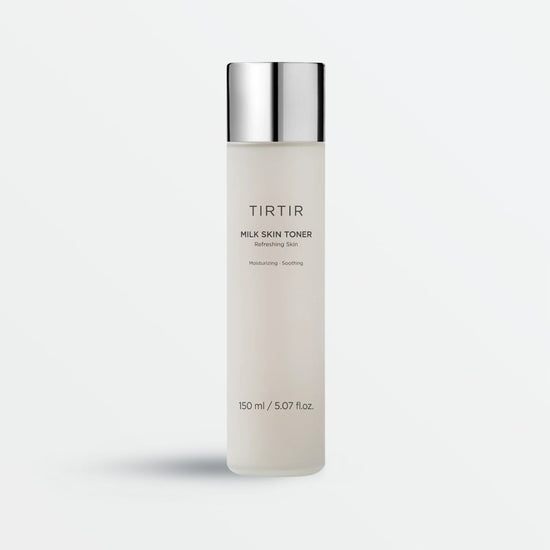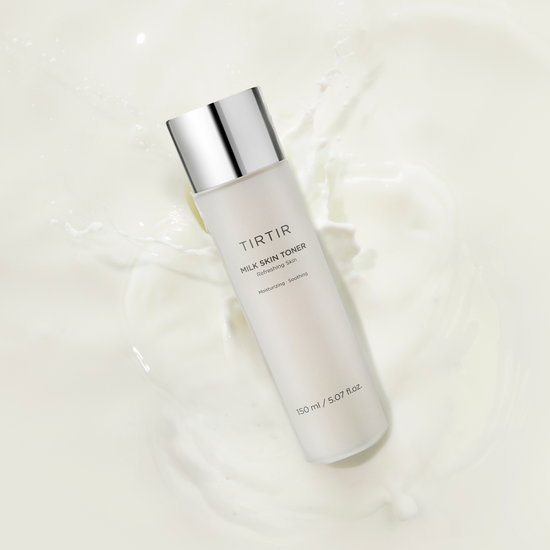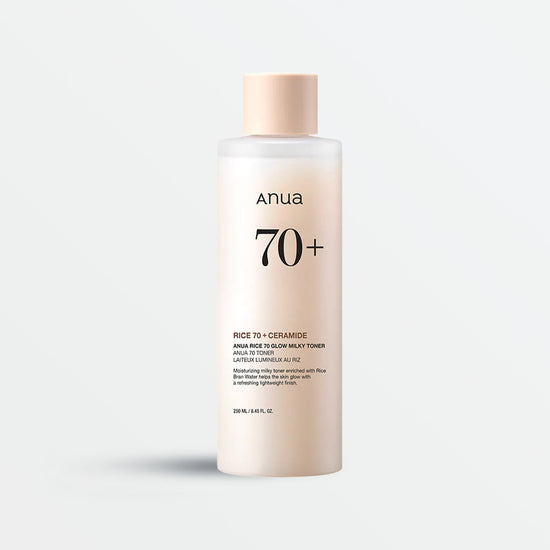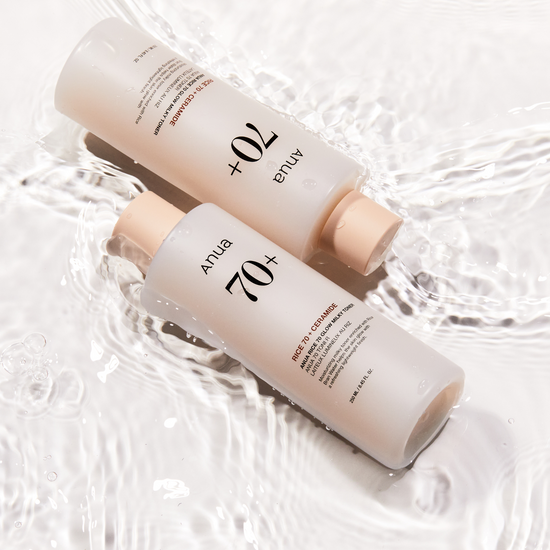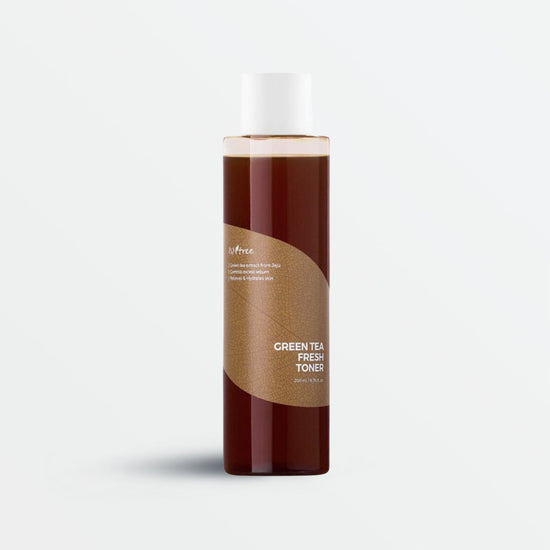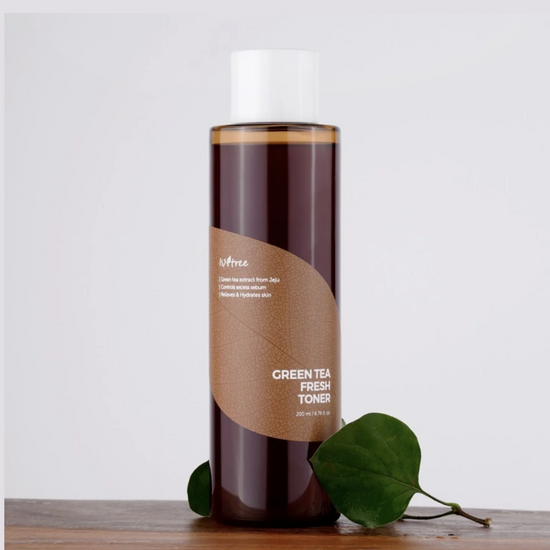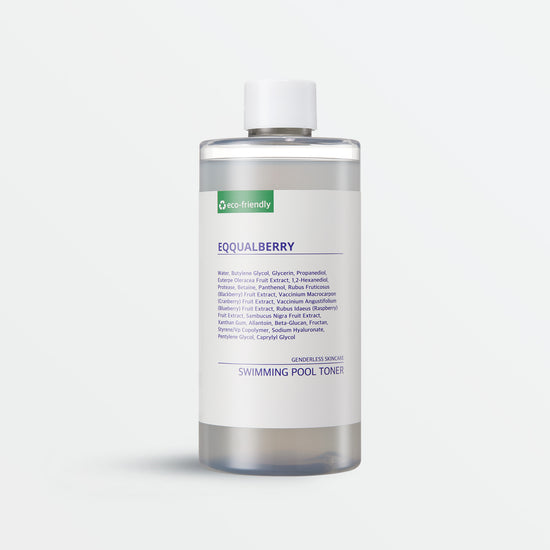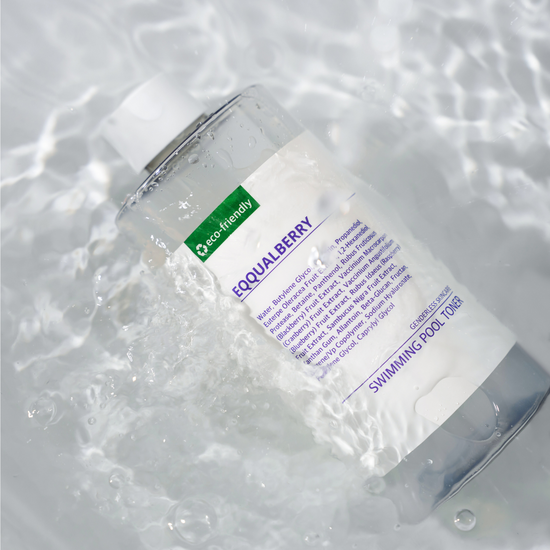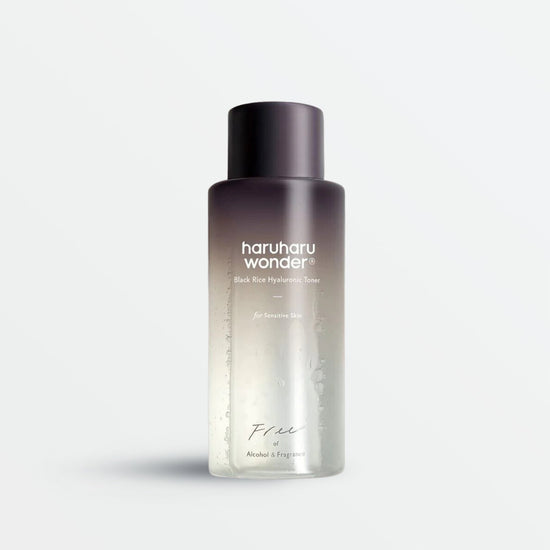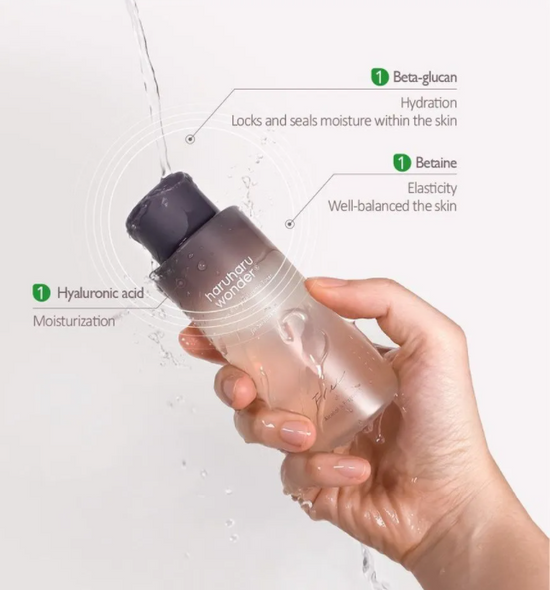Your bag is empty
Posted: 14 November 2025
7 Minute ReadCan AI Get You Perfect Skin?

From notifying us about the weather to helping us craft the perfect email, AI assists us in making day-to-day decisions. Due to its practical uses, AI is also impacting the beauty industry, giving rise to a new sector known as Beauty Tech. Synthesising technological innovation with beauty advice, this is a growing industry expected to be worth $8.1 billion by 2028. As a result, many cosmetic companies are jumping on the AI bandwagon, competing to create the best shopping experience for their customers – and an experience that, in providing custom feedback and recommendations, aligns with what customers are increasingly demanding from their shopping experiences these days. But what does this all actually look like, and is it worth your time to check out?
Before we dive into some examples of beauty tech, let’s first take a look at the level of customisation people increasingly want from their retail experiences, and why:
What are personalised shopping experiences?
You’ve probably noticed that people love a personalised shopping experience. This is when shopping is tailored to you as an individual, as opposed to catering to the population at large. For example, personal colour analysis services have become an internet phenomenon. Popularised in South Korea, colour consultants take a look at your individual skin tone, undertones, hair and eye colour, to determine what season your features would fall under – Summer, Spring, Autumn, or Winter. It’s fascinating to watch the colour consultant work. It starts out with the customer draped in white cloth, like a blank canvas. The consultant then tests out a variety of colours, eventually coming to a conclusion. It’s like a science experiment where the subject is you.
Like with personality quizzes, a personalised shopping experience helps people discover what makes them unique. Whether it’s discovering your Myers-Brigg type, or figuring out if you’re an Autumn or a Winter, there’s something addictive about learning how unique you are.
The past decade has seen people online desperately trying to distance themselves from a ‘basic’ aesthetic – i.e., enjoying, and signaling your enjoyment of, mainstream cultural products and activities. This has sparked the infinite diffraction of styles into ‘-cores’, especially on TikTok: for example, ‘ballet-core’, ‘cottage-core’, ‘Barbie-core’, and ‘corporate-core’. Visually, they all look very different, but in trying to create a distinctive style, individuals often end up blending in with the crowd, as they’re still following a trend that has been widely diffused over social media.
This is why personalised shopping is so popular – it makes customers feel special and unique, even if, in many ways, we’re all a lot more similar than we’d like to admit. And it’s a bit paradoxical: it celebrates individuality, yet does so in a safe, conformist environment. This is also why companies are now investing into AI that feeds into this feeling. By catering to the customer’s desire to be (acknowledged as) unique, the hope is that tailored, hyper-customised recommendations and advice will improve the customer’s overall experience, and strengthen their brand loyalty.
Hyper-personalisation with AI
With the help of AI, personalised shopping becomes hyper-personalised, offering customers more precise and relevant advice while retaining the same sense of individuality they’d get from personalised shopping. The generative AI underlying these products is fed and quickly learns information about the customer, using it to present a uniquely tailored selection of products and recommendations.
In the case of personal colour analysis services, AI can be used to make the experience more practical and inexpensive for users. An in-person session can be pricey, averaging around $200-$800. Some may think it’s worth investing in, as it curates life-long guidelines on what colours to wear – you never stop being a Summer, or an Autumn, or whatever your season is. But, it’s largely inaccessible for most people. Luckily, there are free TikTok filters that utilise AI to mimic the idea of the service. Instead of paying for a personalised experience, filters allow users to discover for themselves what season they are from the comfort of their own home.
From a skincare perspective, AI is a more convenient way to shop. It saves you time by providing a list of products that are well-suited to your needs, rather than requiring you to search through a long list of products yourself.
How are cosmetic companies using AI?
AmorePacific’s Dr.AMORE
AmorePacific is a cosmetic company that holds popular K-beauty brands that you may have heard of like INNISFREE and ETUDE (which, FYI, we stock on Skin Cupid…) In late 2023, they announced the creation of their very own skin diagnostic AI called Dr.AMORE. Dr.AMORE is trained to not only diagnose a variety of skin concerns, but to recommend products, making shopping for skincare more straightforward.
It has also supported research focusing on aging skin. In collaboration with the International Journal of Cosmetic Science, Dr.AMORE was put to the test to see if it could accurately diagnose skin issues. It analysed 120 Korean women and girls, aged 10 to 60, and was found to have successfully identified their skin concerns. It also determined the age range in which signs of aging became significant, which is between 20 to 30. Due to its innovative, research-backed technology, Dr.AMORE is set to be a Consumer Electrics Show (CES) Award Honouree for 2025 – an impressive achievement considering the CES is a highly prestigious award in the tech world.
L’Oreal’s Beauty Genius
2024 saw cosmetic powerhouse, L’Oreal, also create their own skin diagnostic AI called Beauty Genius, which won 8 CES awards later on in that year. After learning that 70% of customers feel overwhelmed by choice when shopping, L’Oreal created Beauty Genius to reduce the stress and time spent searching for the perfect products. Beauty Genius is therefore designed to be a handy go-to tool for the customer to use when they feel stuck. Since they had a beta test online, I thought I’d try it out!
My experience with L’Oreal’s Beauty Genius
When I loaded the AI, I was taken to a page with a carousel of starter questions to ask Beauty Genius, from which I chose the option to build your own skincare routine. Beauty Genius asked me what my skin concerns were, allowing me to take a selfie for it to analyse. The AI stated that there were minimal concerns, but mentioned that I should target my fine lines and improve skin radiance. It then asked if I’d prefer a short or long routine, to which I said short, and from this they curated a morning and evening routine especially for me.

To be honest, I was underwhelmed. They only recommended two products - a cleanser and a moisturiser. It’s a good start to a simple routine, but perhaps this was too simple. Personally, I wish the AI had added one or two more products, like a serum, toner, or suncream.
Overall, the Beauty Genius was friendly and informative, especially for beginners, but does fall short when it comes down to recommendations. Despite this, the AI is easy-to-use and accessible 24/7 on your phone, which makes it very user friendly.
Ulta Beauty, Clarins, Beiersdorf, and Unilever and SkinGPT
As of the 15th January, Ulta Beauty, Clarins, Beiersdorf, and Unilever have become early adopters of SkinGPT, a new AI platform developed by Haut.AI. Trained on over 3 million facial images, SkinGPT offers accurate skin analysis, identifying individual skin concerns and recommending products tailored to address them. Supported by Haut.AI’s own Research and Development team, SkinGPT leverages data from clinical trials to provide customers with scientifically informed insights into their skin. As with Beauty Genius, Haut.AI has a publicly accessible demo of SkinGPT that I thought I’d test out.
My experience with Haut.AI
When the page loaded, it immediately felt very high-tech, clean, and legitimate. I followed the on-screen instructions which led me to upload a selfie of myself, and within a few seconds, SkinGPT completely evaluated my skin. I was presented with 7 versions of my face, each marked up with scribbled dots or lines indicating the areas the AI had inspected, like texture and redness. The AI also rated my skin out of 100 for each category, with 100 meaning flawless, and 1 being an area of improvement. Apparently, there’s a lot I need to work on, particularly with my pores and hydration.

When I clicked on these categories, I was provided with information about each one. For example, when I clicked on ‘pores’ it explained why we have pores. Below this information, the AI gave me a word or phrase that would describe my skin. In the case of hydration and pores, SkinGPT labelled my skin as ‘concerning’. Ouch! I’ll admit, those are problem areas for me, but I would have appreciated a more friendly tone…
Based on this information, SkinGPT created a personalised 7-step routine for me, which included a make-up remover, water-based cleanser, serum, lotion, toner, moisturiser, and suncream. All in all, I was impressed with the amount of detail the AI shared with me. While the language SkinGPT used was a little harsh, the actual analysis was very informative, and the products recommended list was extensive.
So, should we trust AI when it comes to our skincare? Well, it’s an evolving industry, still testing out the boundaries of what it can and can’t do. As yet, it’s achieved varying degrees of success, and it’s only expected to grow more. It’s definitely a fun and convenient way to shop, but, as with everything, it’s good to take it with a pinch of salt.

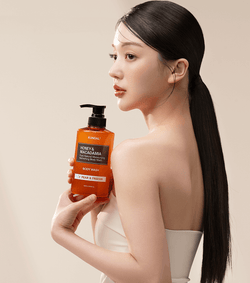
 Subscription box
Subscription box 